What is Search Engine Optimisation?
- Search Engine Optimisation (SEO) is the process of increasing a website’s number and quality of users by optimising its rankings and performance in the algorithmic search engine.
- Optimising a website may include modifying/adding content to improve its relevance to common keywords and adjusting HTML and related coding, thus removing barriers to search engine indexing spiders.
- Because a search engine’s effectiveness and popularity is measured by its ability to produce the most relevant results for any given search, poor quality or irrelevant search results will drive users to look for other sources.
- Initially, search engines were akin to online telephone directories. These provided a poor user experience. Google was the first search engine to change the nature of search by delivering results related to what appeared on the website vs what a webmaster claimed would appear on a web site.
- Search Engine Optimisation (SEO) is the process of understanding searcher behaviour and audiences and optimising web content to deliver a relevant experience.

The basics of search engine optimisation
Search engine optimisation has a crucial significance in online marketing. SEO will improve your ranking position long-term in Google’s search results. Using a search engine, like Google, is one of the main ways users can access content online, higher ranking of search engines will lead to increased visits to a website. Google’s algorithms are incredibly complicated, and no one outside of Google knows exactly how they work. Still, we can discern, through trial and error, a close approximation of how they do function. Armed with this knowledge, an SEO company can optimise your website.
Keyword Research
Keyword research can be defined as better understanding your target market and how they are searching for your content, services, or products and how users search for them. Therefore, keyword research is the process of finding words and phrases that people use in search engines with the ultimate goal of creating content around these keywords. Organic Search Results Organic search engine results are based on the search terms ‘significance’ and appear as paginated lists,
- Organic search results exclude PPC/paid search results.
- On-Page Optimisation
- On-page optimisation is the cornerstone of SEO .
Relevant content written by subject matter experts, engaging photos, videos and diagrams reduce the bounce rates and improve on-site time: two main rating criteria for user interaction.

Technical SEO
While having high-quality content that matches the intent of the searcher is essential, giving search engines the right signals to determine the structure/information architecture of a website is equally critical. Ensuring search engines can crawl and index a website without any problems is the basis of technical SEO. Tech SEO can describe the website architecture, how content is structured on the page, the way the site is coded, server configuration, correct implementation of schema and several other sub discpines. Google recently reported on the record that page speed is an SEO ranking signal.
Web Accessibility
Website accessibility has become a prominent sub-discipline of SEO as Google tracks user interactions on a website to determine if it is relevant/providing useful information.
Contact us for a free, no obligation 30-minute consultation to discuss your challenges and overall objectives. We guarantee our service to be efficient, insight led and super professional.
Offsite SEO
Optimising for offsite ranking factors involves improving search engine and user perception of a site’s popularity, relevance, trustworthiness, and authority.
Mobile Search
Most major search engines have introduced a mobile-optimised version of their index, which takes into account the limitations of the mobile platform’s bandwidth and form factor. The algorithms for mobile search engine results are thought to be evolving, and aspects such as location and predictive searching are becoming increasingly important. Google newly released its 160-page Search Quality Raters Guide had an entire section emphasising Mobile.
Brands That Trust Us








Organic Traffic
The term “organic traffic” is used to describe visitors to a website that arrive as a consequence of free/unpaid (“organic”) search results, including local search.
STATISTICS
- 67% of all clicks are from the first five pages on Google, hence why search engine optimisation is critical.
- Only 2-3% of searchers click beyond the first page of search results.
- In 2014, an analysis implied 64% of all web traffic comes from organic search, 2% from social, 6% from paid search, 12% direct and 15% from other referral sources.
Digital Marketing Glossary
- Digital marketing
- Google Analytics
- Content marketing
- Search engine optimization
- Social Media
- University
- Website
- Video production
- Corporate Video




